Kidney Stones: What You Need to Know
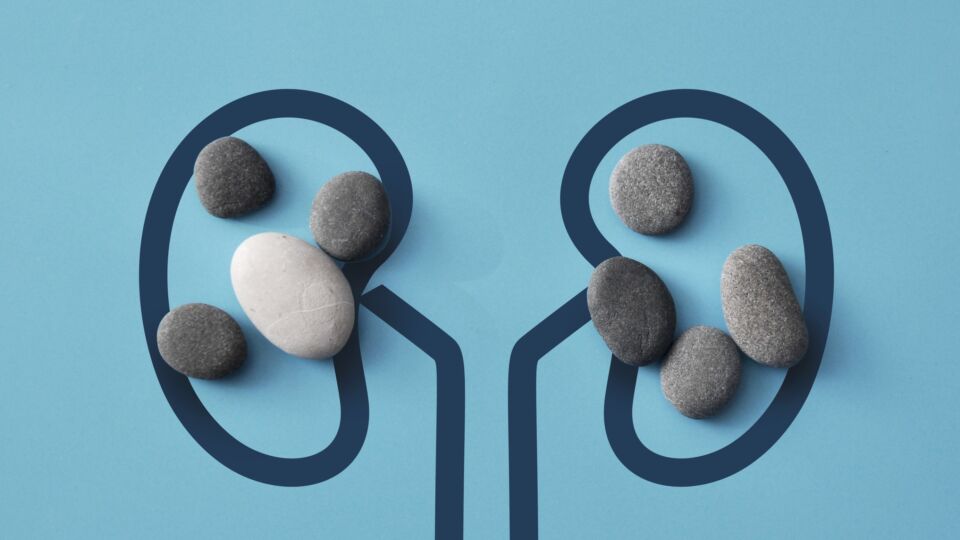
Kidney stones are hard deposits that form in the kidneys and can cause significant pain and discomfort.
Understanding their formation, symptoms, risk factors, treatment options, and preventive measures is crucial for maintaining urological health.
Formation
Kidney stones form when certain substances in the urine, such as minerals and salts, become highly concentrated. These substances crystallise and gradually build up over time, forming stones that vary in size and shape. About 70 to 80 per cent of kidney stones are calcium stones, which are usually made of calcium oxalate or calcium phosphate. Other types include uric acid stones, struvite stones, and cystine stones.
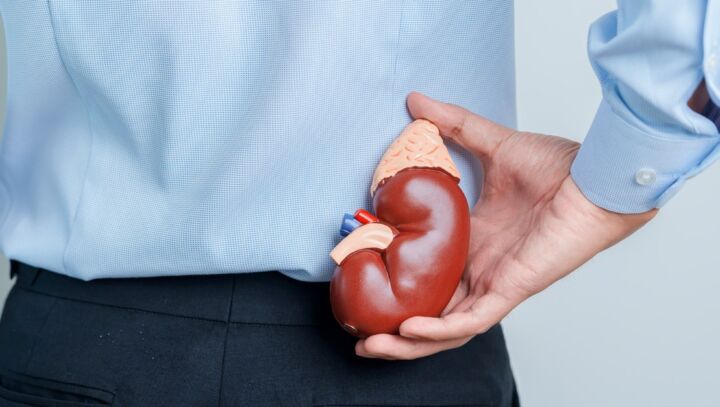
Symptoms
Symptoms of kidney stones include lower back pain, nausea and vomiting, painful urination, blood-stained urine, and a persistent urge to urinate. Fever and chills may also be present if an infection develops. Kidney stones often fall into the ureter, which is the tube connecting the kidney to the bladder, where they can obstruct urine flow. This obstruction typically causes excruciating, intermittent pain that radiates from the flank to the groin.
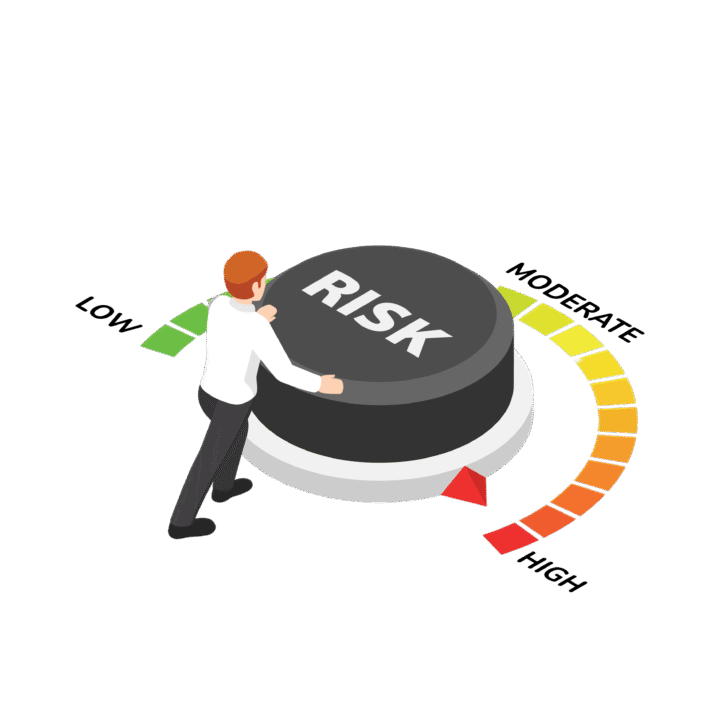
Risk factors
Several factors can increase the risk of developing kidney stones. These include:
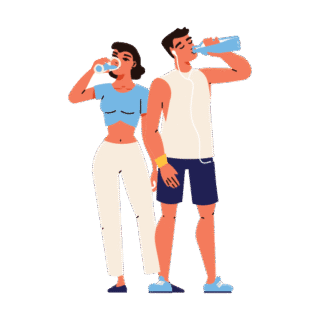 |
DehydrationNot drinking enough water is a major risk factor, as it leads to more concentrated urine. |
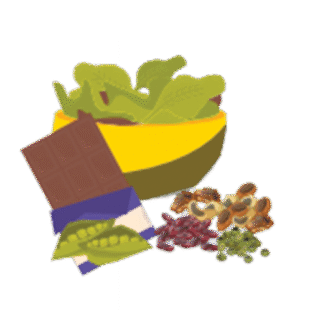 |
High intake of oxalate-rich foodsFoods like spinach, rhubarb, nuts, and chocolate contain high levels of oxalate. |
 |
Family historyA family history of kidney stones increases an individual’s risk. |
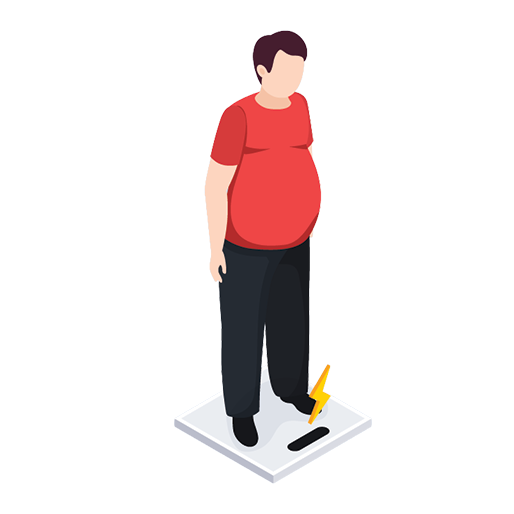 |
ObesityBeing overweight or obese is associated with a higher risk of developing kidney stones. |
 |
Medical conditionsCertain medical conditions, such as gout, hyperparathyroidism, and urinary tract infections, can increase the risk. |
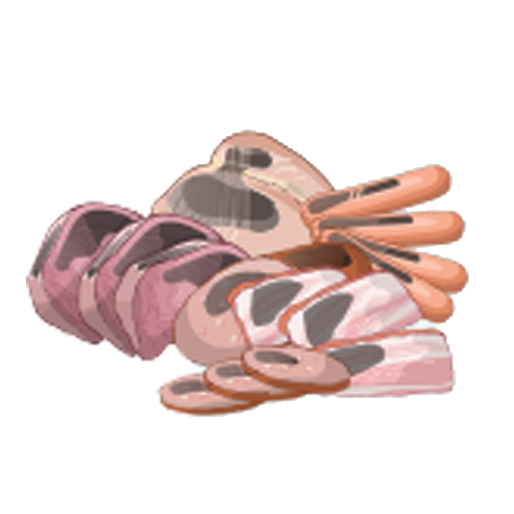 |
High protein intakeConsuming large amounts of animal protein can increase uric acid levels. |
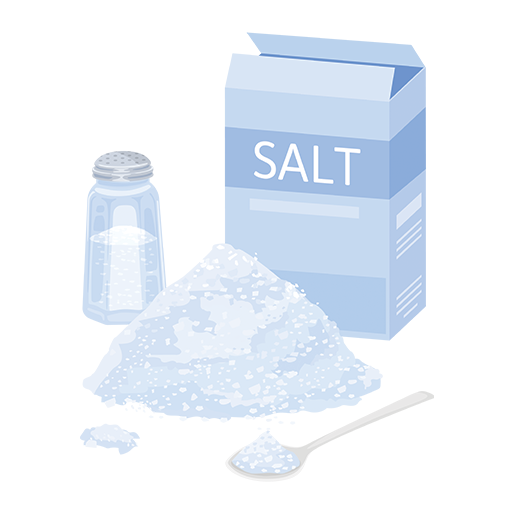 |
High sodium intakeA diet high in sodium can increase calcium in the urine, promoting stone formation. |
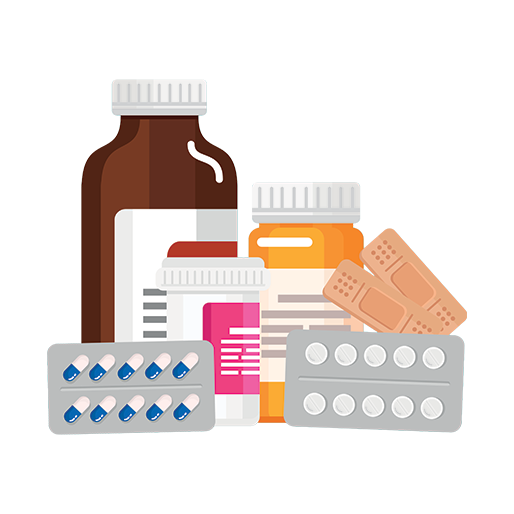 |
MedicationsSome medications can increase the risk of stone formation. |
Treatment options
Treatment for kidney stones depends on the size and location of the stone, as well as the severity of symptoms. Small stones may pass out on their own with increased fluid intake and pain relief medication.
- Medications
Certain medications can help to relax the ureter, facilitating stone passage. - Extracorporeal shock wave lithotripsy (ESWL)
This non-invasive procedure uses shock waves to break up stones into smaller fragments that can be passed out in the urine. - Surgery
For larger stones or those that do not pass naturally, surgical procedures may be required. These include percutaneous nephrolithotomy, where instruments are inserted through a small incision in the back to break stones into smaller pieces directly in the kidney, or ureteroscopic stone removal, which involves passing a small telescope through the urethra, bladder, and ureter up to the kidney.
Preventive measures
Preventing kidney stones involves a combination of lifestyle modifications and, in some cases, medication.
Hydration |
Drinking plenty of water is essential to keep urine diluted. |
Dietary changes |
|
Medications |
For individuals with specific types of stones or underlying medical conditions, medications may be prescribed to prevent stone formation. |
Kidney stones can be a painful and recurring condition, but with proper knowledge and proactive measures, you can significantly reduce your risk.
If you suspect you may have a kidney stone or are at high risk of developing them, seek medical advice. Early intervention can help prevent complications and improve your long-term urological health.



